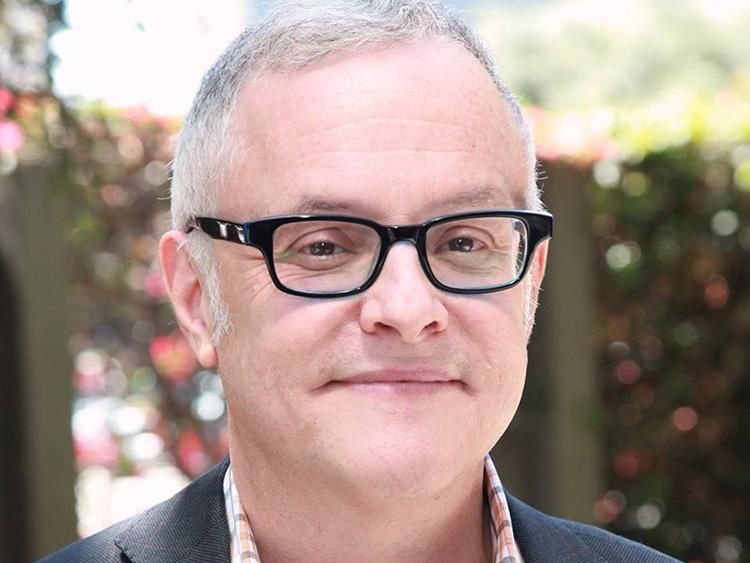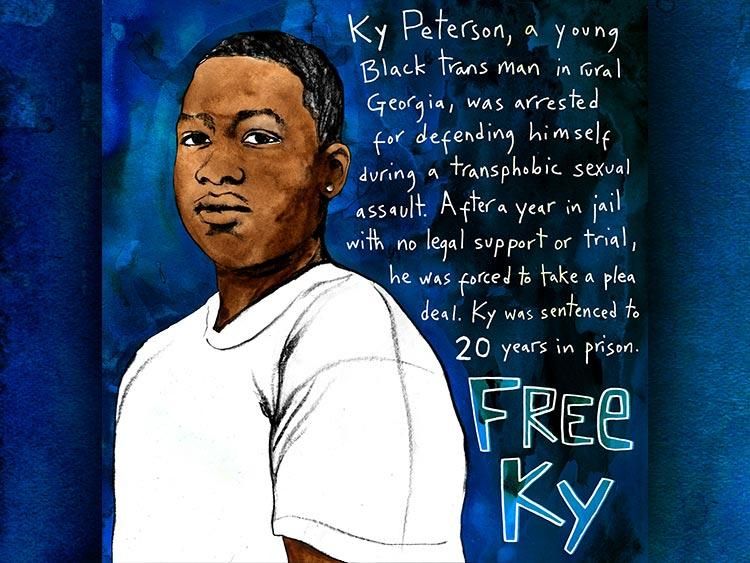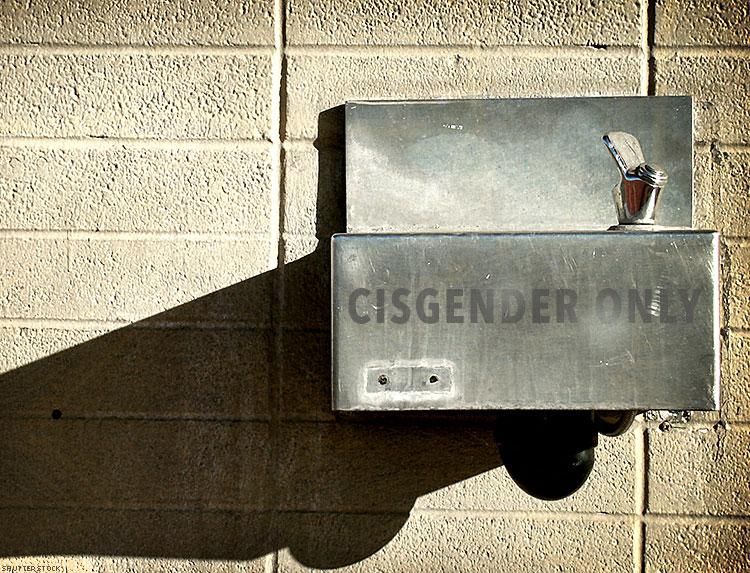Think globally: Today is International Day Against Homophobia, Transphobia, and Biphobia

IDAHOT
The International Day Against Homophobia, Transphobia, and Biphobia (IDAHOT), observed annually on May 17th, draws the attention of policymakers, opinion leaders, social movements,the public and the media to the violence and discrimination experienced by LGBT people internationally. Since the day’s founding in 2004, IDAHOT has been reported in 124 countries, involving over 1,200 local, national and global organizations.
 “The date of May 17th was specifically chosen to commemorate the World Health Organization’s decision in 1990 to declassify homosexuality as a mental disorder,” the IDAHOT Committee notes on their website. Hearkening back to IDAHOT’s inception, global LGBT activists have selected “Mental Health and Well Being” as the theme for IDAHOT 2016:
“The date of May 17th was specifically chosen to commemorate the World Health Organization’s decision in 1990 to declassify homosexuality as a mental disorder,” the IDAHOT Committee notes on their website. Hearkening back to IDAHOT’s inception, global LGBT activists have selected “Mental Health and Well Being” as the theme for IDAHOT 2016:
Sexual and gender diversities are still characterized by many states and by a majority of people worldwide as mental health problems, and these definitions then feature at the heart of public persecution, discrimination and social stigma. Even in more progressive places, this assumption, albeit unconscious, still lies at the root of many barriers to full equality for LGBTI people.
Within the wide range of consequences this has for sexual, gender and bodily minorities, advocates have wished to highlight two particular situations:
– A mental health diagnosis like “Gender identity disorder” (GID) is mandatory in almost all countries for any Trans person wishing to transition. While some form of diagnosis remains necessary to access health care as desired by Trans people, to keep this diagnosis within the mental health categories contributes to the stigmatization and social exclusion of trans people, without contributing to their physical or mental well-being.
– The “psychiatric” argument is still used in many places to justify the “treatment” of LGBT people, that aims to ‘reform’ or ‘cure’ them of their ‘disease.’ While there is a growing consensus against this approach, “conversion therapies” still constitute a major challenge in many contexts.
“The International Day Against Homophobia, Transphobia and Biphobia is not one centralized campaign,” the IDAHOT Committee asserts, “rather it is a moment that everyone can take advantage of to take action.”
This year, Congresswoman Barbara Lee introduced House Resolution 263, a resolution supporting the goals and ideals of IDAHOT and offically marking May 17th the International Day Against Homophobia, Transphobia, and Biphobia. The bill is endorsed by GLAAD and several other LGBT and human rights organizations, and is supported by 67 other members of congress.
In a letter urging her fellow Congres members to cosponsor the bill, Congresswoman Barbara Lee wrote:
Whether here at home or around the world, homophobia and transphobia are alive and well – and it is up to us to speak out.
According to the Centers for Disease Control and Prevention (CDC), homophobia can affect one’s physical and mental health, including increased risk of depression and suicide. Homophobia can also result in limiting access to high quality health care, and negatively affect income and employment status. For many people who identify as lesbian, gay, bisexual, or transgender (LGBT), community environments – such as schools, clinical settings, and the workplace – are unsafe and unwelcoming spaces.
Worldwide, some 2.8 billion people live in the nearly 80 countries that criminalize same-sex activities. LGBT individuals in these countries live in a climate of fear, and are often threatened with discrimination, imprisonment, and violence. From the Gambia to former Soviet Union countries, parliaments have passed or are considering new criminalization provisions or so-called anti-LGBT “propaganda” laws.
Here in the United States, despite advances made in achieving marriage equality for same-sex couples, LGBT people still face hatred and discrimination.
Nearly one-third of students who identify as LGBT drop out of high school due to violence, harassment, and social isolation. And 40 percent of homeless youth in America identify as LGBT.
To find International Day of Homophobia, Transphobia & Biphobia events to attend, check out IDAHOT’s list global events here.
Our movement is a global movement #WhyWeFight t.co/e27yGRRMHn
— IDAHOT (@may17IDAHOT) May 13, 2016

























